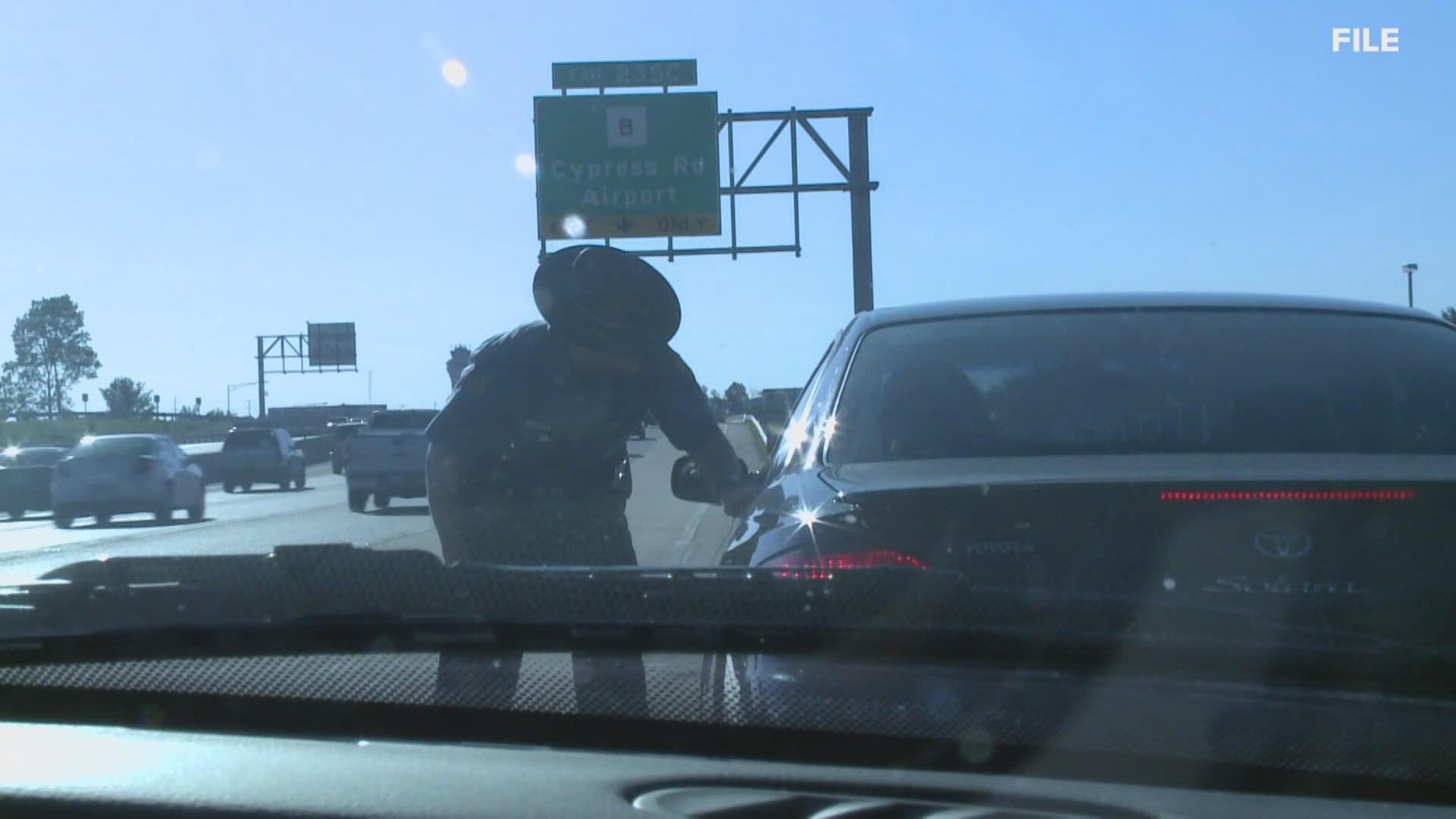In the shadow of the city’s most iconic landmark, sits a large facility that some believe is making St. Louis a more dangerous place.
“That system isn’t working,” said Police Chief Sam Dotson on Tuesday.
Dotson’s comment is in reference to the St. Louis Community Release Street on 1st Street in the Near North Riverfront neighborhood.
It’s Missouri’s last state-run halfway house, where more than 500 parolees are supposed to be working toward re-entering society.
But Dotson said many of them are ending up in handcuffs all over again.
“It’s in and out process," Dotson said. "There’s no accountability for hours upon hours during the day. It’s a recipe for disaster.”
Dotson said part of the issue is some parolees who leave the facility during the day to commit crimes against innocent people.
Some of the crime, he said, is taking place in the city’s urban core, and it ranges from robbery to sexual assault.
“We have had several-hundred contacts over the past year with inmates or people who claim to be residents of the halfway house,” he said.
Now, there’s an organized effort in St. Louis to follow Kansas City’s lead.
People there successfully lobbied to have its halfway house turned into a minimum security prison.
Dotson said that makes it more difficult for parolees to come and go.
“The business community and the residents came together and said 'No, in our town,’” Dotson said.
Jared Opsal is the executive director of the Downtown St. Louis Neighborhood Association.
He said several downtown residents are worried about the halfway house and its residents.
“There’s concern about if this facility is really the right facility for offering programs for these people,” he said.
Opsal and other city stakeholders are in the process of gathering information about the halfway house to present to the state.
They hope it’ll lead to change, but Opsal stopped short of saying if the place should be turned into a prison like Kansas City.
“We want to fight to make sure our community is safe and safe for everyone,” he said.
Maggie Crane, a spokeswoman for Mayor Francis Slay, said the fact-finding group would like the state to move the halfway house or shut it down all together.
But at the very minimum, Crane said they’d like more supervision of the parolees and accountability of how the facility is run.
Phone calls and e-mails to the Missouri Department of Corrections were not returned for comment.


